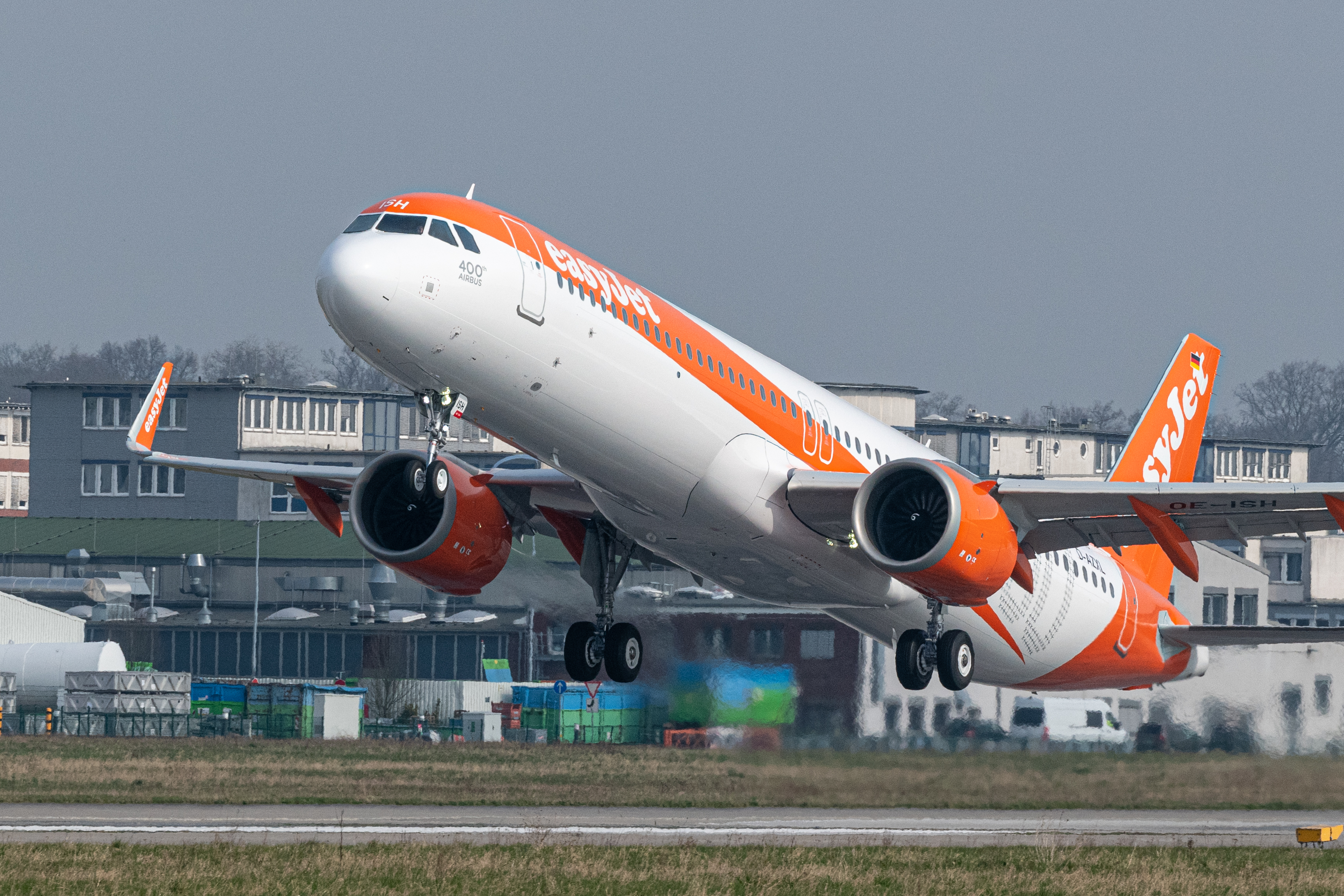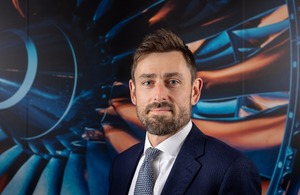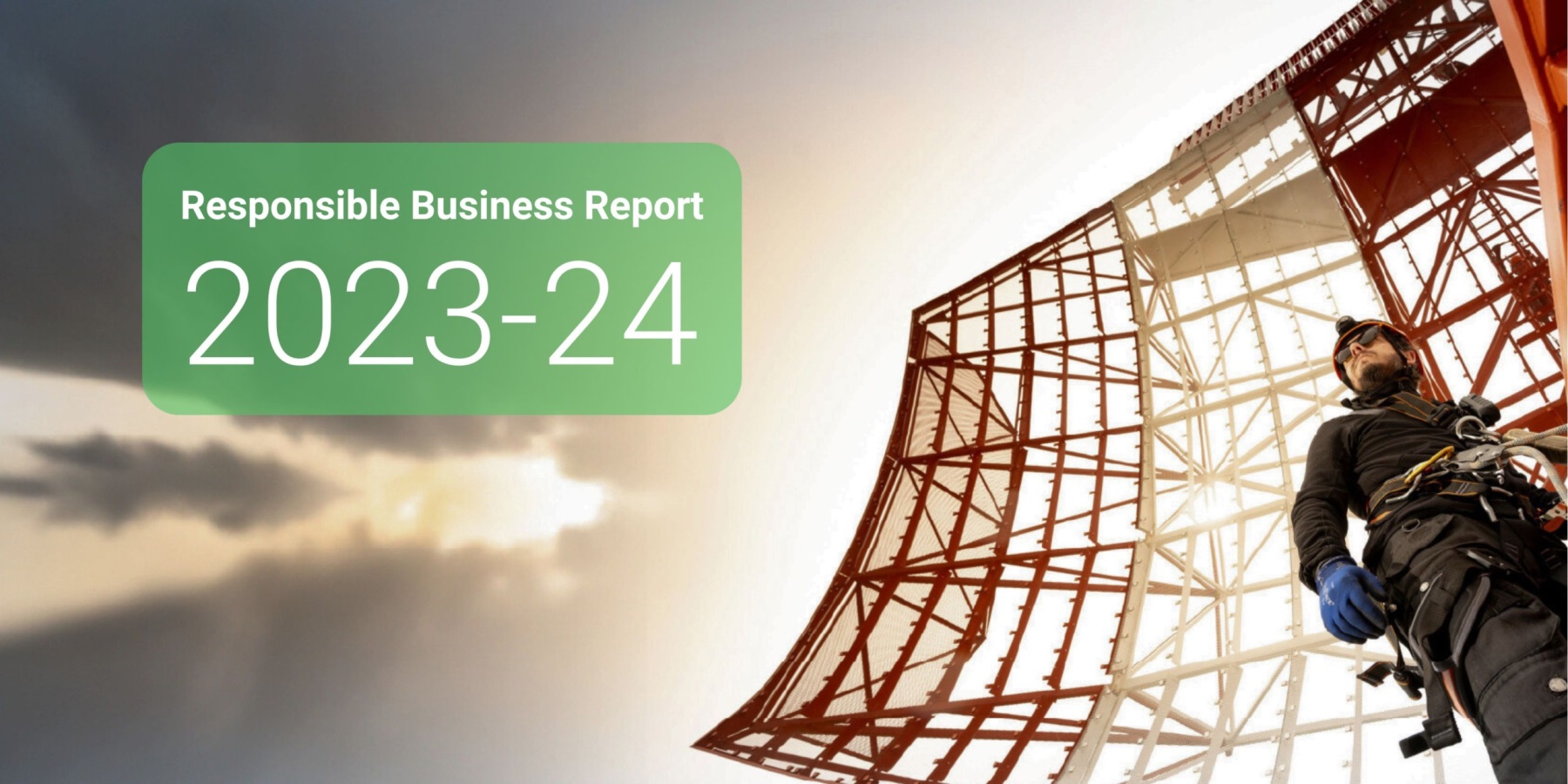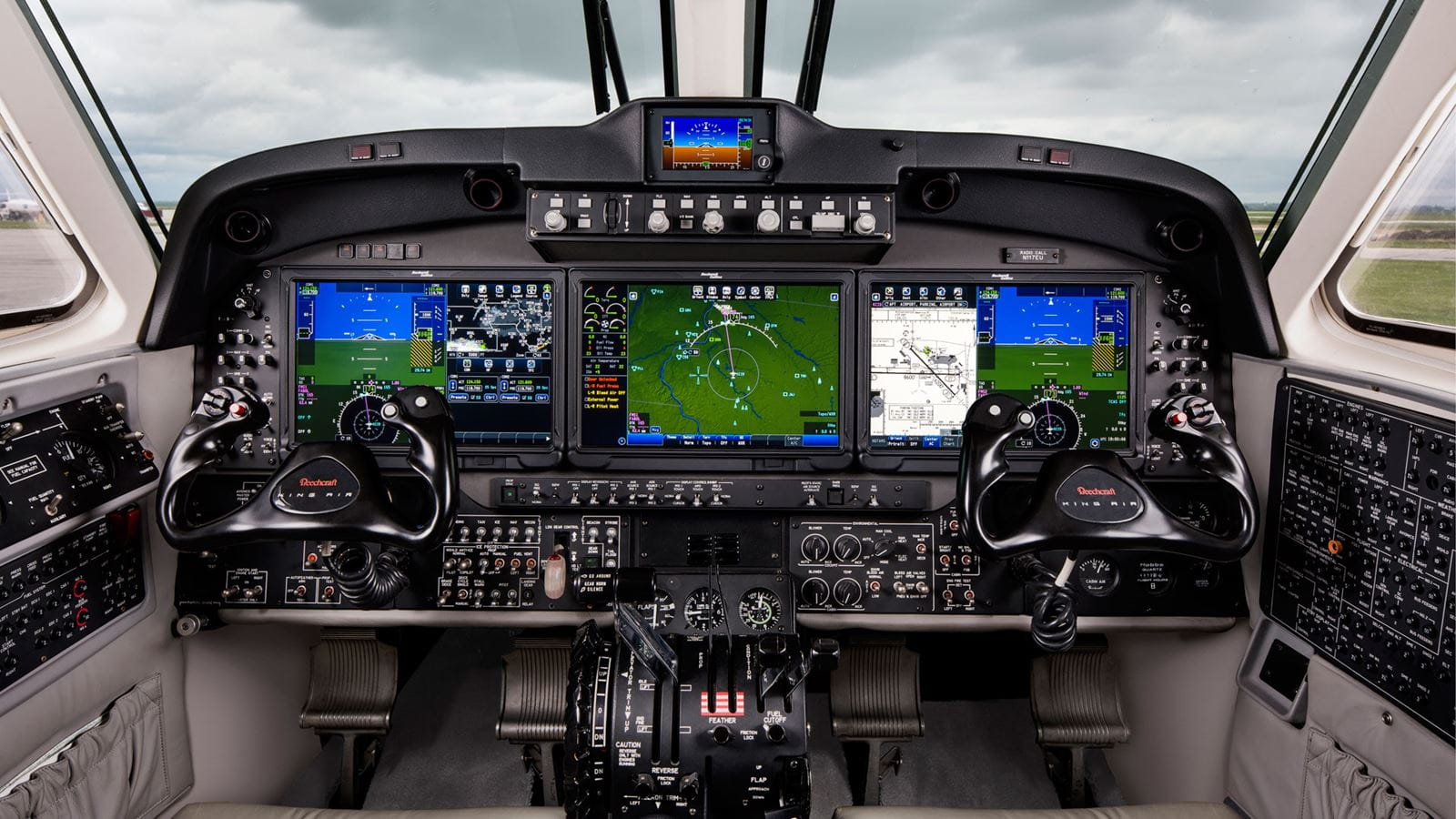Airbus and easyJet trial corporate SAF partnership

Image courtesy easyJet
SAF is expected to be a critical lever in decarbonising the aviation sector, offering an estimated 80% reduction in carbon lifecycle emissions on average compared to conventional jet fuel.
However, with the current production rate of SAF standing at just 3% of the total fuel required for the industry and costing three to five times more than conventional jet fuel, there are significant barriers the industry needs to overcome before it can make a significant impact.
This trial will explore corporate partnerships as a way to help finance SAF, stimulate supply for future mandate requirements and drive down the ‘green premium’ to make it more affordable
Using corporate travel investment to scale up SAF production
Through the model, easyJet’s corporate travel partners – starting with Airbus initially – will purchase a specific amount of SAF to address the carbon footprint from their corporate air travel, and simultaneously help to stimulate growth of the SAF industry.
Expected to commence in November, the trial will also be used to validate the use of SAF certificates, enabling corporate partners to claim the resulting emission reductions.
To support the trial, 106 tonnes of neat SAF has been purchased, equivalent to the amount of fuel needed to operate easyJet’s flights between Toulouse and Bristol with 30% SAF blend, over a three month period. The route has been chosen as it is commonly used by Airbus employees.
The SAF purchased will be produced from biomass feedstock, such as used cooking oil and converted into jet fuel.
How the model works between easyJet and Airbus and other corporate partners in the future:
- EasyJet pools demand/ buys SAF – easyJet works with the corporate partner to determine a specific quantity of SAF to cover travel requirements. easyJet purchases the SAF from a fuel supplier.
- SAF is delivered to the airport – SAF is delivered to the designated easyJet operated airport by the fuel supplier (WFS for this trial).
- Corporate partners receive SAF certificate(s) – easyJet’s corporate partners are issued non-tradeable SAF certificates, verified by a third party (e.g. Verifavia). The corporate partner is then able to register the SAF certificate(s) as part of their scope 3 reporting.
EasyJet intends to welcome other corporate travel partners to join the scheme and aims to scale the offer to other markets and regions. Both Airbus and easyJet expect this to act as a catalyst to drive up demand for SAF supplies around the world.
The project represents yet another historic collaboration between easyJet and Airbus, each sharing the ambition to trial new innovations to help lower the environmental impact of aviation.
Thomas Haagensen, Group Markets Director at easyJet, said: “Business travellers make up around 14 percent of our customer base, relying on airlines to travel efficiently. Our corporate partners are always looking to reduce the impact of their flying and this model will help both with their carbon emissions reporting while stimulating growth of the SAF industry which will be critical to achieving the industry’s net zero ambitions.”
Julien Manhes, Airbus Head of Sustainable Aviation Fuels and Carbon Dioxide Removal, said: “Today, SAF is available in small quantities, so we need to upscale the supply and close the price gap with traditional fuel. One of the ways to do that is to create a clear demand signal for the market. In 2023, 600 million litres of SAF was produced around the world and every single drop of that was consumed. This trial is about building a resilient SAF economy because we have the technology, we have the aircraft, we just need more SAF.”













